
Maintaining a Stable World
“Not knowing what is really going on [in the mind] has been the cause of conflict, wars and cultural divides, and now may even threaten humanity’s survival. This is all due to our failure to appreciate the limits of our senses, the selective nature of our everyday consciousness, and our potential for developing a higher, more comprehensive, more connected form of perception and consciousness.”
Robert Ornstein, God 4.0—On the Nature of Higher Consciousness and the Experience Called “God”

How Do We Maintain a Stable World?
One of the great achievements of the human mind is its ability to create a sense of stability in a world of constant change. We evolved certain strategies to do this: we simplify, overgeneralize, ignore, predict, and make assumptions about the environment around us.
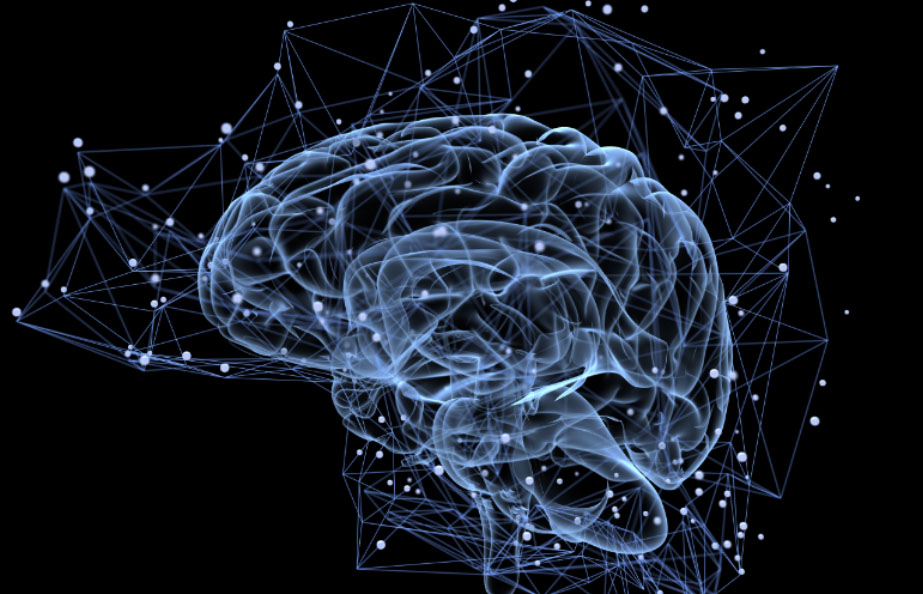
The Brain as a Prediction Machine
Your brain’s most important job is to keep your body alive. To do this, the brain devotes most of its energy predicting what will happen next so that you are prepared to act. And in the survival game, prediction beats reaction.

About 6,000 sounds represent the spoken languages around the world and babies can recognize all of them. From about six months old we begin to distinguish the significant sounds of our own community’s speech and learn the mental models that make sense out of these sounds. Emotions: How and Why they Operate
Emotions can be complex and confusing. Why exactly do we have emotions? How much control do we have over them? Thanks to developments in neuroscience, our understanding of the complex functions of the brain is increasing, including their role in our emotional life.
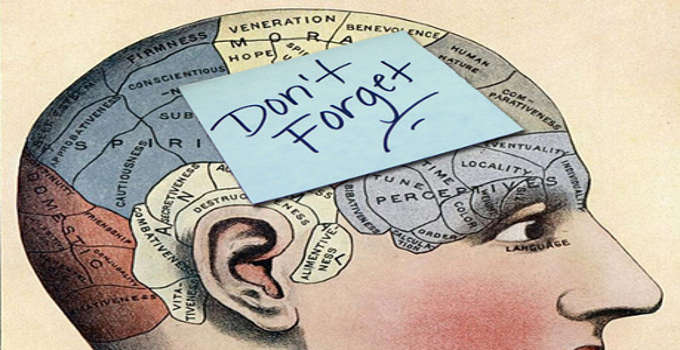
Our Memory and How it Works
From the minuscule amount of information our sense organs gather, we create an Imaginal World, weaving elements of every experience we perceive and pay attention to. These are our “memories", which are also subject to editing and inaccuracies.

Temperament: Dispositional Differences in Human Nature
Temperament is the core pillar of individuality. It describes a person’s predisposition to respond to specific events in a specific way, and refers to the style rather than to the content of behavior.
More Book Reviews
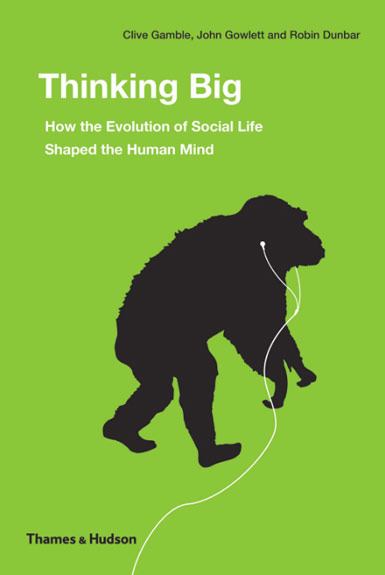
Thinking Big
The social brain that drives our behavior and contemporary culture is essentially the same brain that appeared with the earliest humans some 300,000 years ago.
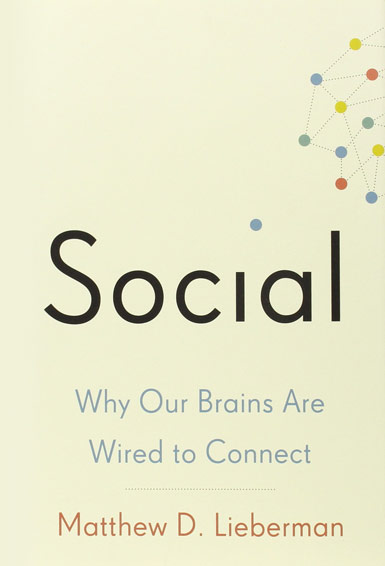
Social: Why Our Brains are Wired to Connect
Explore the groundbreaking research in social neuroscience revealing that our need to connect with other people is even more fundamental, more basic, than our need for food or shelter. Because of this, our brain uses its spare time to learn about the social world – other people and our relation to them.

The Weirdest People in the World
Literacy does strange things to you, and mass literacy does strange things en masse. Did you know that literate people have worse facial recognition abilities than those who are illiterate? Or that in learning to read and write your corpus callosum (the cable if you like connecting your right and left hemisphere) will have grown thicker?
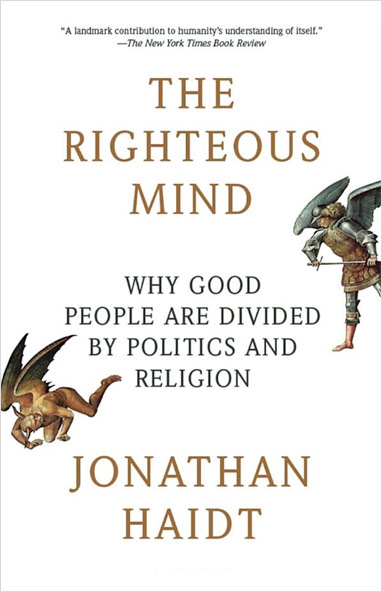
The Righteous Mind
We are without doubt living in an era of polarised thinking, marked by much bickering across social and political lines. But could positions of both side have roots in common moral foundations?
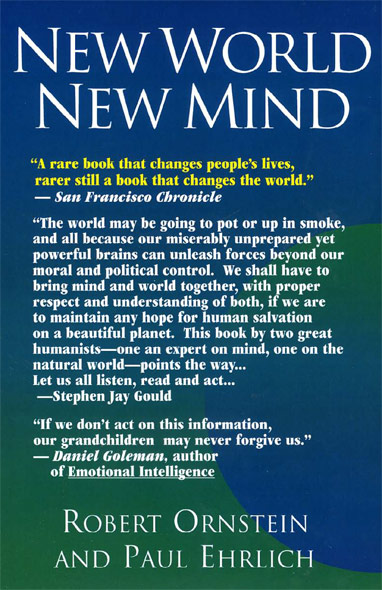
New World New Mind
Over millions of years, our minds evolved with quick reflexes to deal with sudden threats, which makes long-term threats like pollution and overpopulation invisible to us. Our survival now requires that we consciously evolve a new mind and new perceptions to adapt.
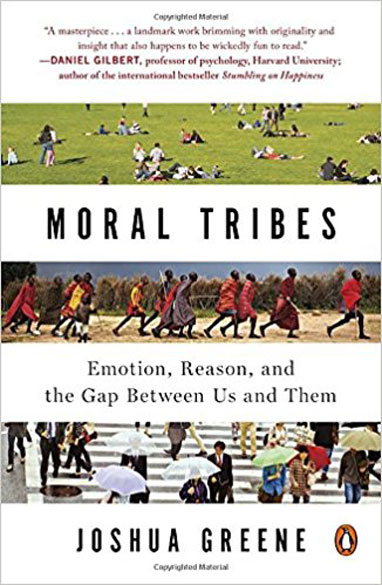
Moral Tribes
Our innate moral behavior evolved over millions of years to promote cooperation within our group. Each group has its own moral code, which provides a map for how individuals can live successfully within it. Our other innate tendency, to favor our group over all others, is something we need to understand and mitigate to address the existential challenges of our modern global society.
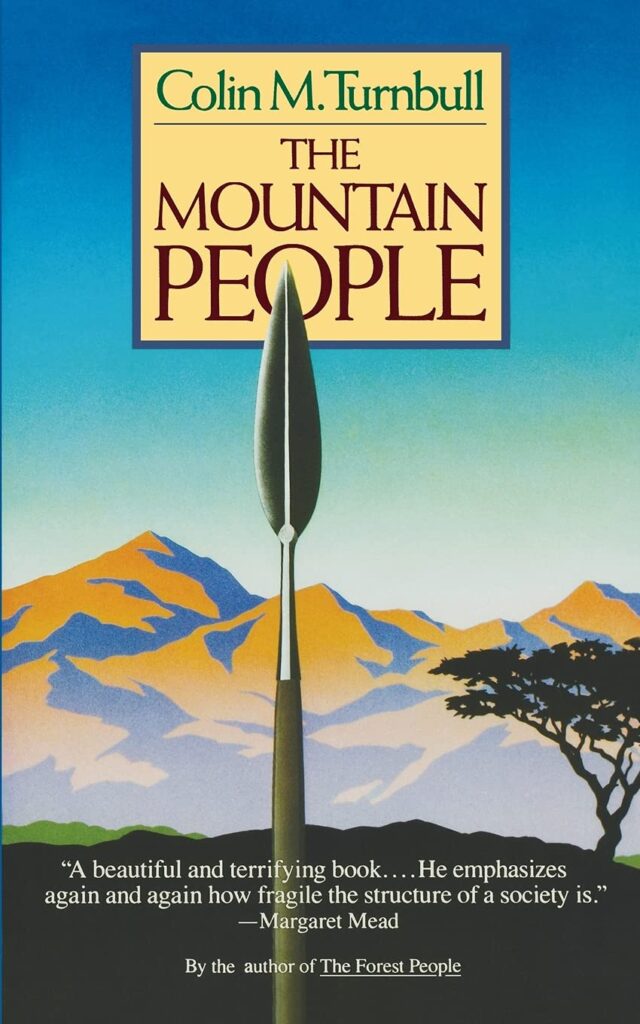
The Mountain People
The story of the IK tribe of northeastern Uganda is a classic study of how a society’s concept of fairness and justice can quickly devolve when its people are cut off from their accustomed means of livelihood and forced to compete for their very survival.
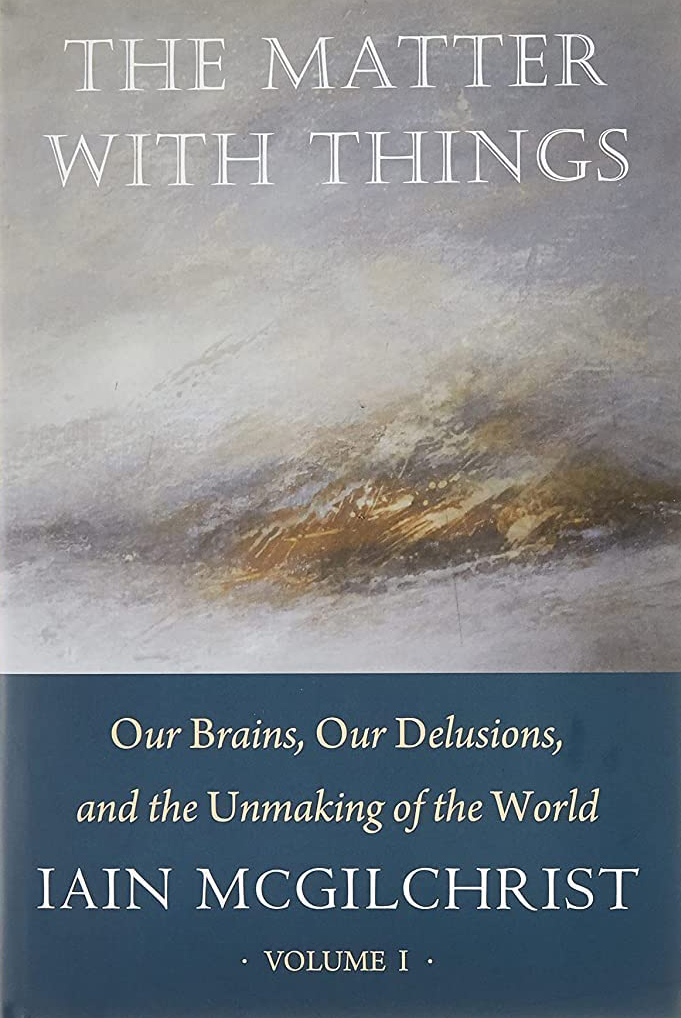
The Matter with Things
In his masterly two-volume exploration of our brain hemispheres, Iain McGilchrist argues that in order to understand ourselves, the world and the universe, we need a combination of the right and left hemispheres working in tandem, but with the right brain leading the way.
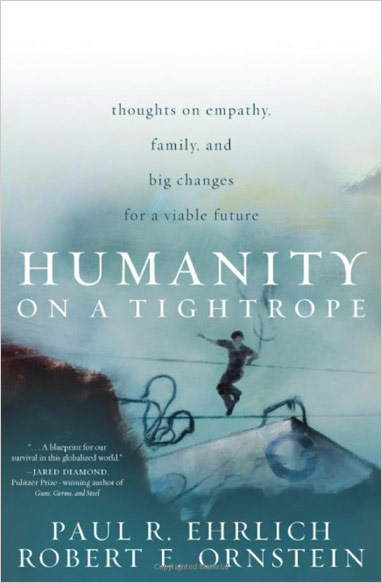
Humanity on a Tightrope
Psychologist Robert Ornstein and biologist Paul Ehrlich join forces to explain why the human race has reached its current perilous precipice. To sidestep the fate they say is now barreling towards us will require us to address our “empathy shortfall.”

Beyond Culture:
Edward T. Hall, after spending his early adulthood working and travelling among non-Anglophones, both in the United States and in other parts of the world, became cognizant and fascinated in the deeper layers of culture that he claimed lie buried beneath those more obvious forms.
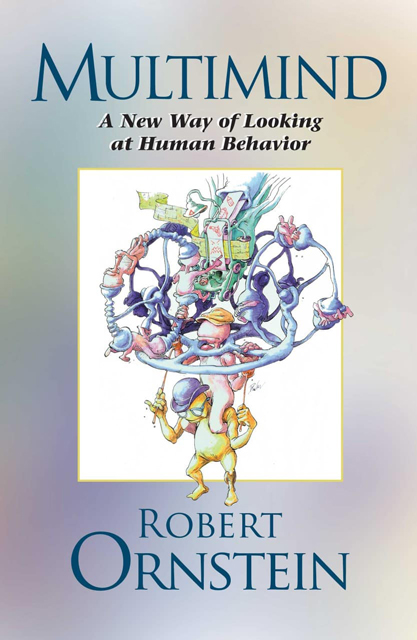
Multimind: A New Way of Looking at Human Behavior
Robert E. Ornstein
This provocative book challenges the most-popularly held conceptions of who we are. In it, psychologist and renowned brain expert Robert Ornstein (1942 – 2018) shows that, contrary to popular and deep-rooted belief, the human mind is not one unified entity but, rather, is multiple in nature and is designed to carry out various programs at the same time.

The Matter with Things
Iain McGilchrist
In his masterly two-volume exploration of our brain hemispheres, Iain McGilchrist argues that in order to understand ourselves, the world and the universe, we need a combination of the right and left hemispheres working in tandem, but with the right brain leading the way.

Beyond Culture:
Edward T. Hall and Our Hidden Culture
Report by John Zada
Edward T. Hall, after spending his early adulthood working and travelling among non-Anglophones, both in the United States and in other parts of the world, became cognizant and fascinated in the deeper layers of culture that he claimed lie buried beneath those more obvious forms.
In the series: Our Mind in the Modern World
- An Ancient Brain in a Modern World
- Our Unconscious Minds
- The Multiple Nature of Our Mind
- Connecting with Others
- Morality’s Long Evolution
- Unconscious Associations
- The Brain’s Latent Capacities
- God 4.0
- Multimind: A New Way of Looking at Human Behavior
- Thinking Big
- Social
- The WEIRDest People in the World
- The Righteous Mind
- New World New Mind
- Moral Tribes
- The Mountain People
- The Matter with Things
- Humanity on a Tightrope
- Fluke by Brian Klaas
- Beyond Culture
- Think Again
